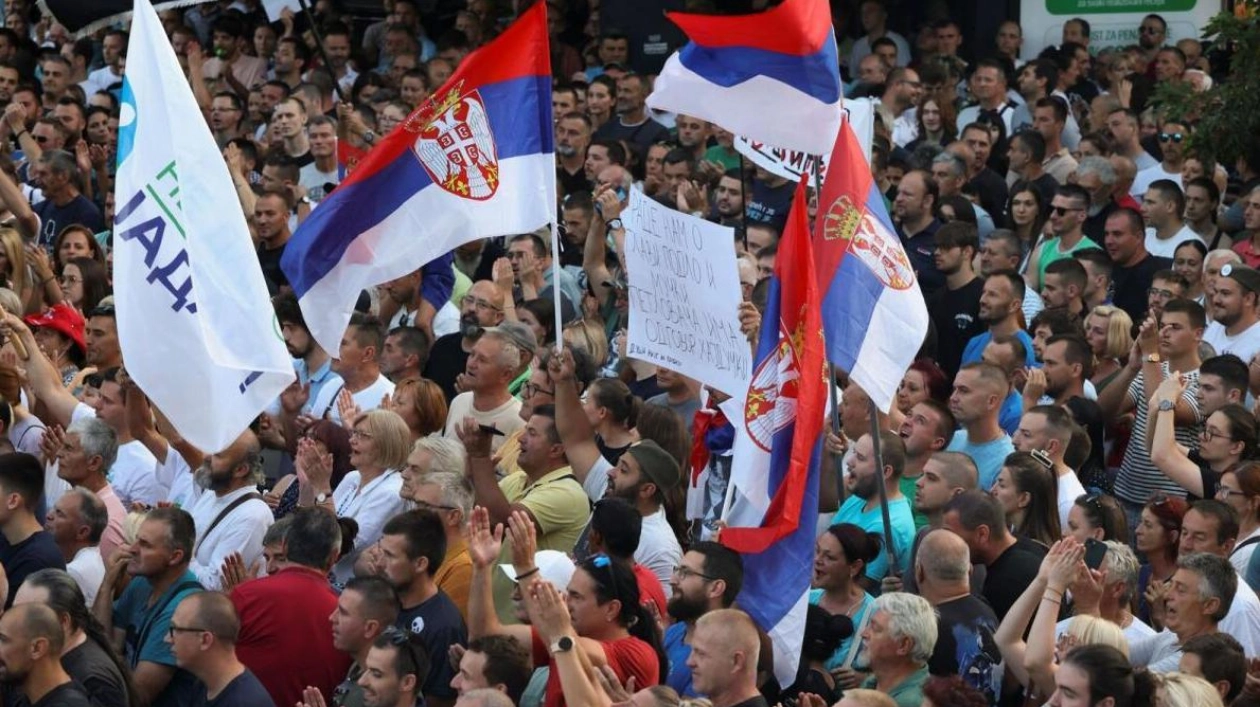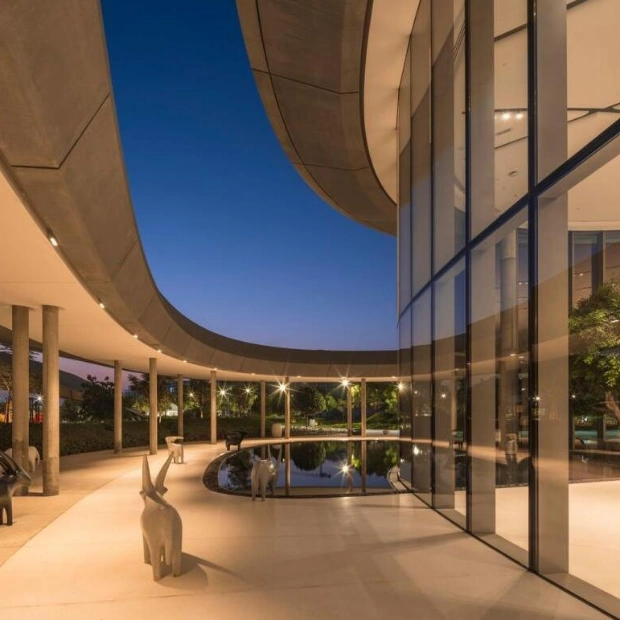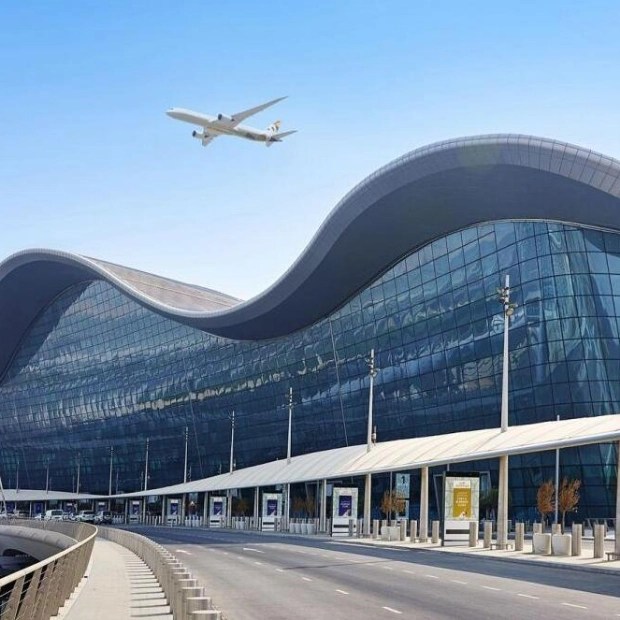Zlatko Kokanovic, a 48-year-old Serbian farmer, along with his fellow villagers, has ignited nationwide protests aimed at halting Rio Tinto's first European lithium mine project. They fear that the mine would contaminate their land and pose a threat to public health.
Last month, Serbia reissued Rio Tinto's license to construct what would be Europe's largest lithium mine in the Jadar region of western Serbia, two years after its cancellation due to environmental protests. The concerns raised by Kokanovic and his neighbors in Gornje Nedeljice about the harmful impacts of mining have inspired thousands to rally against the project in numerous cities across Serbia over the past month.
The protesters have set an August 10 deadline for the government to enact legislation prohibiting lithium exploration. The government views the project as crucial for revitalizing Serbia's struggling economy and has not yet addressed the protesters' demands.
Kokanovic, a father of five who manages 30 hectares of land and produces up to 100,000 liters of milk annually, warns that the use of arsenic, sulphuric acid, and dust in lithium processing will lead to severe pollution. He argues that the mine would sacrifice Serbia's health to benefit the EU's independence from China for lithium supplies.
Serbia, not being an EU member, faces less stringent environmental regulations. Kokanovic has warned that the protests will intensify if the government does not retreat, with more actions planned during a rally in Belgrade on Saturday.
The $2.4 billion Jadar lithium project in western Serbia, if realized, could meet 90% of Europe's current lithium needs and propel Rio Tinto to become a major global lithium producer. Lithium is essential for batteries in electric vehicles and mobile devices.
Marijana Petkovic, Kokanovic's neighbor, expresses her community's readiness to physically obstruct the mine's construction machinery to protect their homes, land, church, and cemetery.
In June, Rio Tinto claimed that recent environmental studies indicated the project's safety for local communities. To address concerns about potential deadly pollution, the Serbian health ministry has established a commission to assess the health impacts of lithium mining.
President Aleksandar Vucic has stated that there will be no mining activity for two years, suggesting that creating panic is unnecessary. On July 19, Vucic, along with German Chancellor Olaf Scholz and EU energy Commissioner Maros Sefcovic, signed an agreement that would allow EU member state producers access to raw materials from Serbia, including lithium, aiming to reduce the EU's reliance on American and Asian imports.
In Kragujevac, central Serbia, protesters filled the main square, signaling their unwavering opposition to the lithium mine, emphasizing that environmental damage should not outweigh economic benefits.






